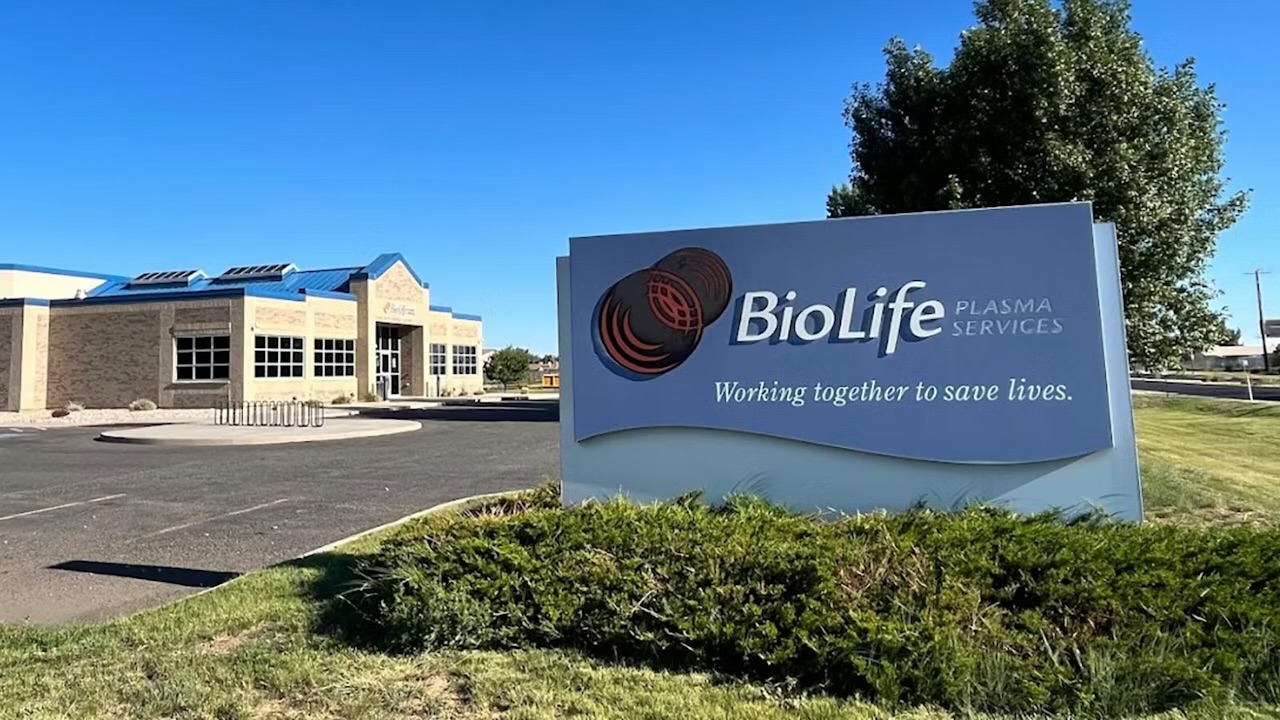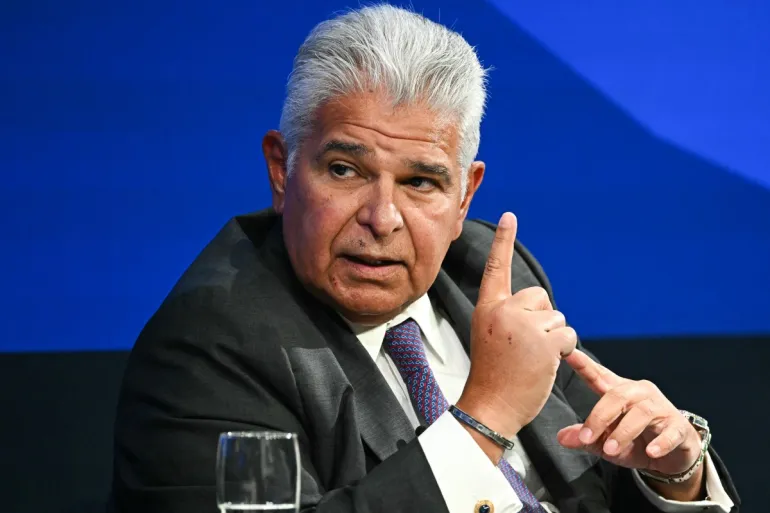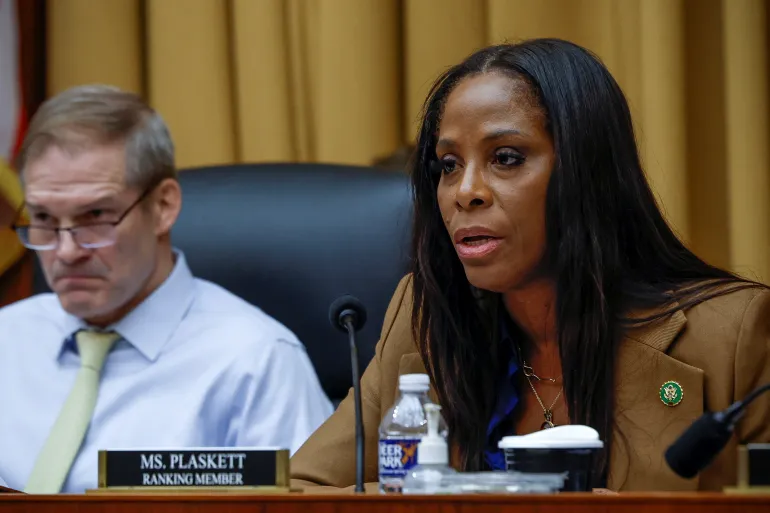A new report from the American Cancer Society (ACS) indicates that while certain aspects of cancer prevention have improved since the COVID-19 pandemic, overall progress has yet to fully recover to pre-pandemic levels.
The study, published April 23 in Cancer Epidemiology, Biomarkers & Prevention, evaluated multiple risk factors and screening behaviors among Americans and found both encouraging developments and areas of concern.
According to the ACS, screenings for breast and colon cancers have rebounded after the significant declines seen during the early stages of the pandemic. In 2023, breast cancer screening rates exceeded pre-pandemic levels, with 80% of eligible women participating, while colon cancer screening reached 60%, showing steady increases in both colonoscopy and stool testing usage.
Tobacco use also continued its long-term downward trend, with cigarette smoking among adults dropping to 11% in 2023. However, researchers noted that menthol cigarettes and flavored tobacco products remain popular, particularly among younger people, Black communities, and bisexual individuals—populations that may be more vulnerable to targeted marketing.
Despite these gains, the report highlighted key areas where progress has stalled. Cervical cancer screening, for example, remains below pre-pandemic rates at 73%, a trend that has been declining since the early 2000s. Additionally, human papillomavirus (HPV) vaccination rates among adolescents aged 13 to 17 remained flat between 2021 and 2023, still at 61%. These figures suggest that the pandemic disrupted preventive services in ways that have not yet fully resolved.
“This report is a reminder that cancer prevention and early detection are critical components of our mission,” said Dr. Priti Bandi, scientific director of cancer risk factors and screening surveillance research at the ACS. “While the progress in smoking reduction and some cancer screenings is encouraging, greater effort is urgently needed to address lagging areas like cervical cancer prevention.”
The study also examined broader lifestyle-related cancer risk factors. Obesity remains prevalent, with 40% of adults classified as obese and another 32% as overweight. Physical inactivity is widespread, as only 48% of adults met recommended activity levels, and 27% reported no leisure-time exercise at all. Heavy alcohol use held steady at around 6%, with disproportionately higher usage among middle-aged adults.
The findings are based on an analysis of four national health surveys that tracked cancer-related behaviors and outcomes. The report emphasizes the impact of modifiable risk factors—such as smoking, body weight, diet, exercise, UV exposure, and infection with cancer-related viruses—on cancer incidence, noting that about 40% of US cancer cases are linked to behaviors that can be changed.
Senior ACS researcher Dr. Ahmedin Jemal pointed to the need for expanded access to preventive healthcare services, including cancer screenings and vaccinations, as well as support for tobacco cessation programs.
“We must ensure all populations have the opportunity to prevent, detect, and survive cancer,” Jemal stated.
ACS leaders also cautioned that recent federal budget cuts could threaten this progress. Lisa Lacasse, president of the ACS Cancer Action Network, expressed concern about reduced funding for federal health agencies, which she says have been vital in achieving gains in tobacco control and cancer prevention.
With input from US News & World Report.










The latest news in your social feeds
Subscribe to our social media platforms to stay tuned